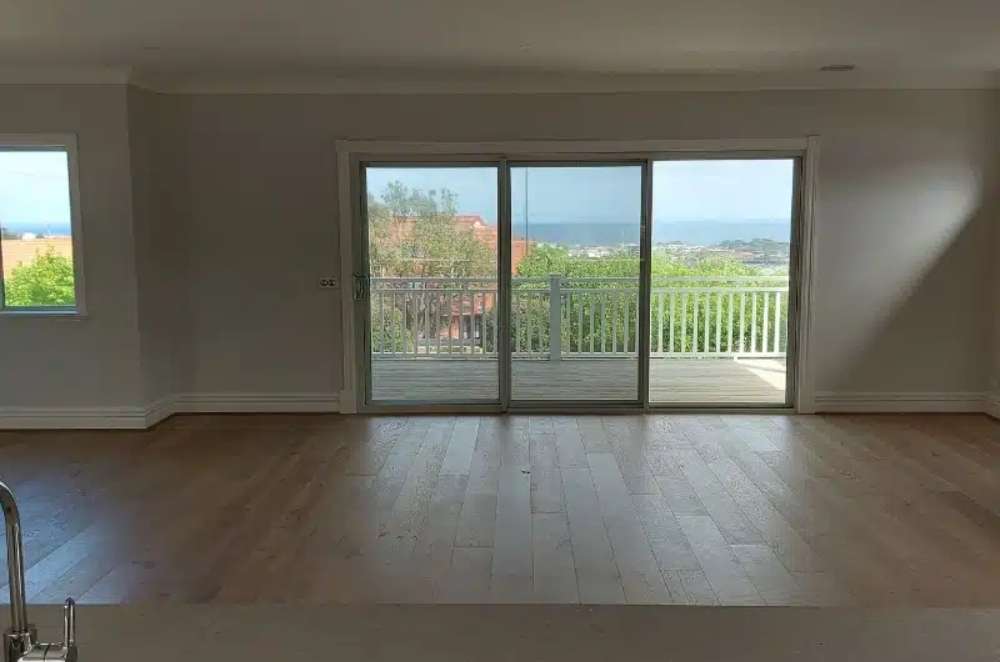Most folks don’t think much about sliding doors until something goes wrong. I used to be the same. Years back, I had this flimsy old door out to the patio. One windy night, it rattled so hard I thought it might fall off the tracks. That was enough to get me reading up on replacements. Pretty soon, I realised there were a dozen different styles and security ratings I’d never heard of. It felt like every supplier claimed theirs was the strongest, and sorting fact from sales talk wasn’t simple. These days, a high security sliding glass door isn’t just about looks—it’s peace of mind. But if you haven’t shopped for one before, the options can feel overwhelming.
Why your materials choice matters
Even the best lock can’t save a door built from flimsy parts. What you’re paying for, more often than not, is the strength of the materials behind the glass.
- Aluminium frames stand up better to dents and corrosion than timber.
- Reinforced steel tracks help keep the panel secure.
- Laminated glass is much harder to smash than plain panes.
- Additional internal bars can make forced entry a lot harder.
I used to think thick glass was enough, until I saw a demonstration. One firm tap with a hammer cracked a standard pane. Laminated glass took multiple hits before it even chipped.
Make sure it meets proper standards
Marketing language will tell you every door is the most secure on the market. What you really want is certification that proves it.
- AS 5039 compliance means it’s been tested properly in Australia.
- Independent impact testing helps show real-world performance.
- Warranties are important—know what they cover.
- Some doors need licensed installers to stay compliant.
If you’re sorting through options, the NSW Police have clear information on home safety in Australia that helps you see which features matter most.
The lock makes all the difference
It surprises a lot of people how often a sliding door is undone by a flimsy latch. A decent lock is often the simplest upgrade with the biggest impact.
- Multi-point systems fasten the door along the edge.
- Deadlocks stop it from being lifted out of the track.
- Keyed locks give extra peace of mind.
- Reinforced lock housings resist prying.
A neighbour once upgraded to laminated glass but kept the old latch. Within months, someone had popped it open while he was at work.
Balancing security and liveability
Nobody wants to feel shut in. A good sliding door should still let in fresh air without compromising safety.
- Look for models that can lock partially open.
- Integrated screens keep insects and curious hands out.
- Anti-lift pins stop someone from removing the panel from the tracks.
- Well-made rollers let you slide them smoothly without sticking.
It’s worth asking installers about options for airflow. Some cheaper designs make you choose between air and security, but you don’t have to settle.
Maintenance keeps everything working
A sliding door isn’t set-and-forget. Even the toughest build needs upkeep to stay in top shape.
- Clean tracks to keep debris from jamming the rollers.
- Check the locks regularly to make sure they engage fully.
- Wipe down frames and glass to prevent corrosion.
- Replace worn rollers before they fail.
There’s plenty of practical advice in resources like a sliding security door that matches home design, which covers simple steps to keep things running smoothly.
Looks still count
Older security doors were bulky and unattractive. These days, it’s easy to find something that suits your home’s style as well as protects it.
- Slimline frames work well in contemporary houses.
- Powder-coated colours blend into existing trims.
- Frosted glass can give privacy without sacrificing light.
- Custom sizing is great for tricky openings or older builds.
One couple I know renovated a heritage home and thought security doors would ruin the look. A matte charcoal finish ended up blending in so well that you barely noticed it.
The value of proper installation
A quality product doesn’t count for much if it’s poorly installed. A surprising number of problems come back to rushed or sloppy fitting.
- Specialists in security doors have experience that other installers may not.
- References and photos of past work help you gauge quality.
- A clear, itemised quote prevents surprises.
- Licensed installers are more likely to get it right the first time.
I’ve seen doors that looked fine until you pulled gently on the frame, then you realised they hadn’t been properly secured. It’s worth double-checking.
Questions to keep you covered
When you’re ready to sign off, it helps to have a list of questions so you don’t forget in the moment.
- How long will installation take?
- Who handles the removal of old materials?
- Are there charges for custom colours or sizing?
- What exactly does the warranty cover?
I keep a running list on my phone whenever I’m planning to work on the house. You never remember every question on the spot.
Final thoughts on picking your door
Choosing a sliding security door isn’t just another line item on a renovation budget. It’s something you’ll rely on for years. A strong door with a certified lock and a professional installation can mean the difference between a minor inconvenience and a serious breach. The right choice starts with research, clear questions, and trusting your instincts. If something feels rushed or flimsy, it probably is. Take the time to compare your options properly. There are also examples and insights in choosing sliding security doors, where homeowners have shared what’s worked for them. A bit of patience now can pay off every time you turn that key.



